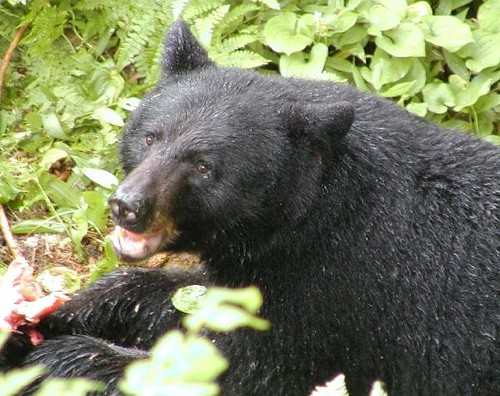
In late August, a black bear was brutally shot and killed on the Sierra National Forest in northern California, leaving behind two orphaned bear cubs.
The “Fresno Brothers” were found in a state of shock on the national forest Aug. 21. When campers found the brothers, the wild black bear cubs were crying near their mother who was illegally shot and killed by a poacher.
Biologists determined that Teddy and Bear, as they are affectionately nicknamed, could not survive on their own; they were undernourished and each cub weighed only about 30 pounds. Further, the brothers were only a little over 6 months old. Typically, black bear cubs depend heavily on their mothers, who teach them survival skills for the first 18 months of their lives, including learning what to eat. Given the circumstances, California Department of Fish and Game biologists deemed the Fresno Brothers unfit to survive without assistance.
For the several months, Teddy and Bear lived at Lake Tahoe Wildlife Care, a nonprofit volunteer organization that raises and rehabilitates orphaned wild animals. Volunteers of the rehab center fed the wild cubs back to health by keeping them on their natural diet, which included fruits, vegetables and fish. During their months-long stay at Lake Tahoe Wildlife Care, the brothers regained their health and their weights climbed to around 90 and 80 pounds.
To prepare Teddy and Bear for their release back into the wild, the California DFG dug two dens in the Kaiser Pass Wilderness on the Sierra National Forest. On Jan. 10, the DFG and the U.S. Forest Service teamed and released the healthy cubs, now 1 year old, back to the forest. Biologists will monitor the cubs’ movement for about one year by using small GPS tracking devices they attached to each cub before their release.



